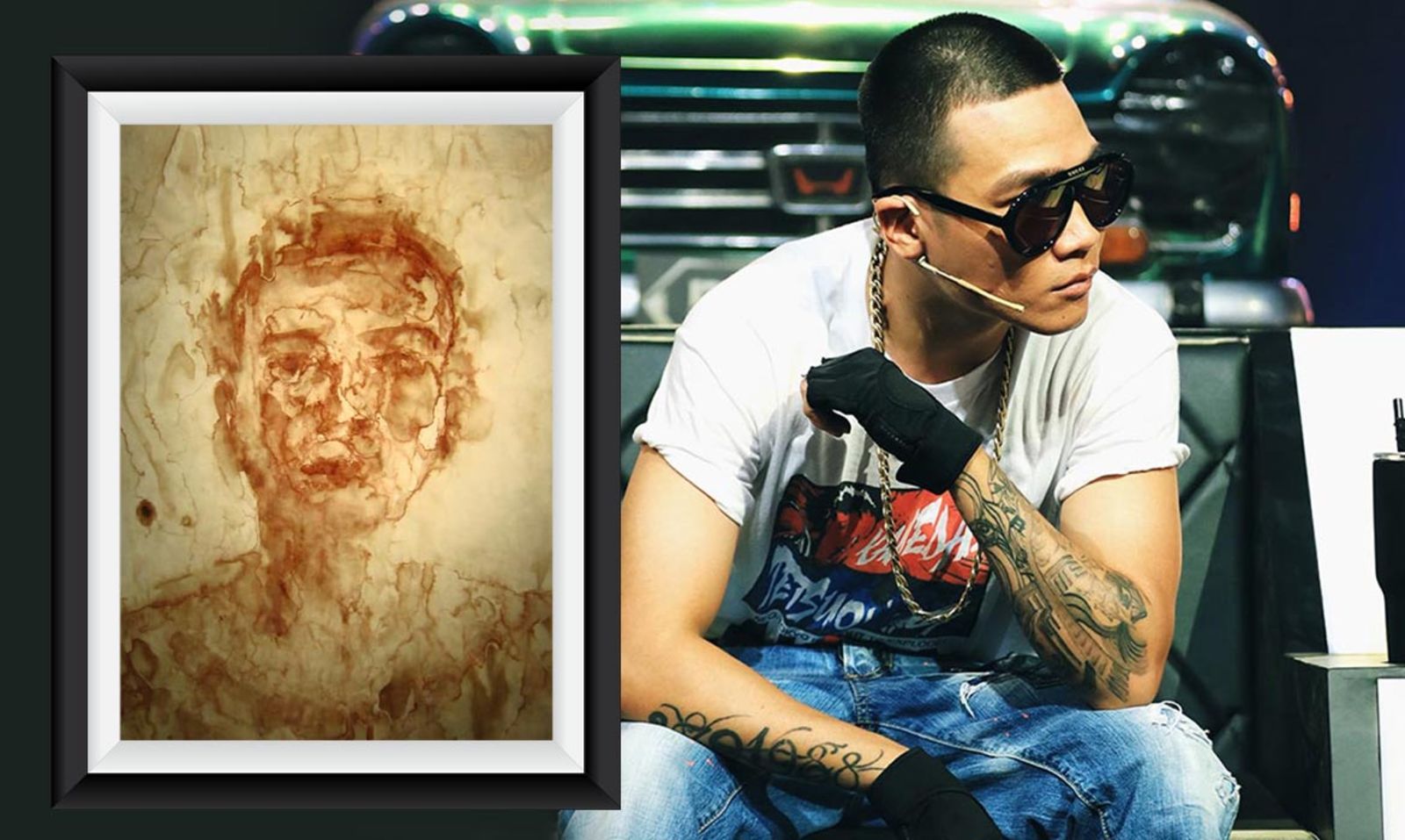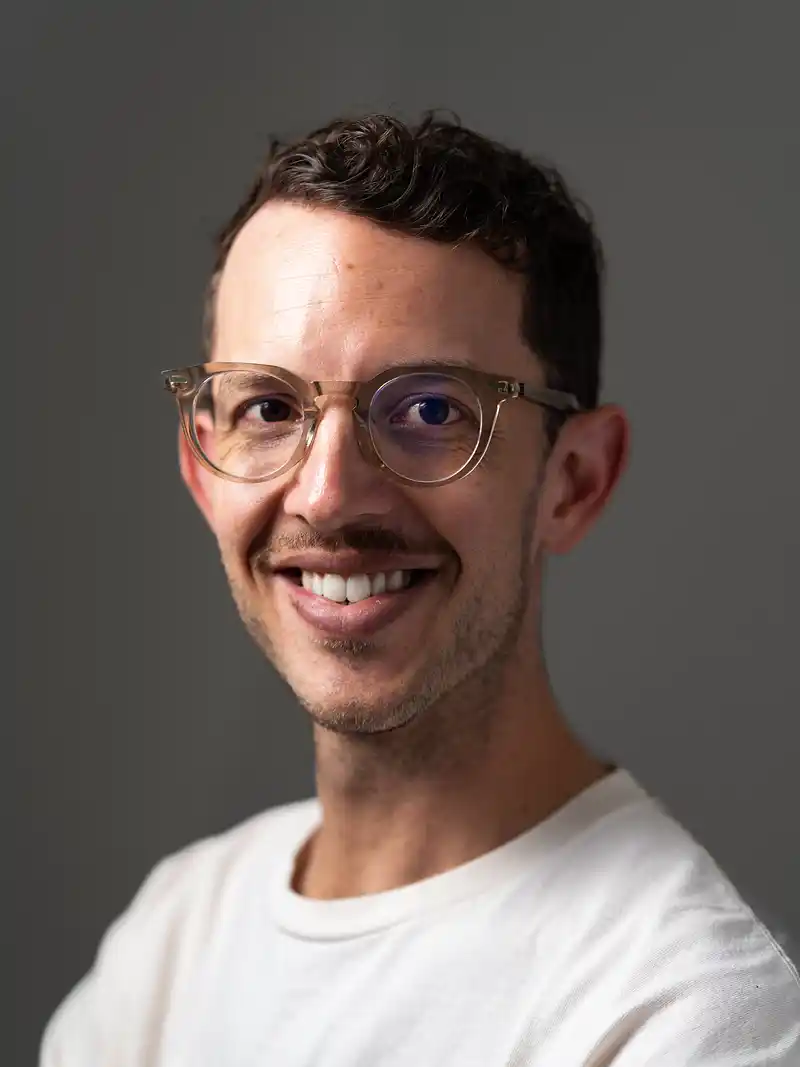If home cuisine could satiate exilic tongues that resist strange flavors, art might condole with nostalgic hearts. Paris by Night is one such therapeutic art, or the hallmark of performing arts for Vietnamese communities across the globe.
When one leaves home for a new place, it doesn’t mean that one’s heart ceases to love where one once belonged but because one desires to preserve a beloved home in one’s memory.
The early years of a Saigon aesthete

Thái Thanh on a single cover in the 1970s. Photo via Nhạc Xưa.
Before leaving Saigon, Tô Văn Lai was a cosmopolitan, sophisticated avant-garde in southern Vietnam. He taught math and philosophy at Nguyễn Đình Chiểu High School in Mỹ Tho and then immersed himself in an aesthetic life at the heart of Saigon. He mingled with the intelligentsia and released singles from Thái Thanh, one of the first iconic singers of the “New westernized Vietnamese music movement” whose scratchy and warbling voice enraptured him. Thái Thanh lured the entire nation with her unique repertoire of northern Vietnamese folk songs, French hits, and Western opera. But strangely, Lai’s venture with Thái Thanh’s CDs was a spectacular failure.
“I lost profoundly,” he recalled. “Saigonese highbrows were misers” and tended to teeter between money and arts. “They craved for the CDs I made, yet barely bought them.”
A fervent aesthete, Lai feared mediocrity and disliked kitschy arts. But “unlike math and science, which have solid solutions, arts evoke a profusion of vibes,” he said. His distinctively astute finesse seemed outlandish to the masses. What he deemed kitschy, maudlin and sentimental turned out to be an irresistible lure to others. The second CD he launched in Saigon, the songs of Thanh Tuyền, another diva of the same innovative music movement as Thái Thanh who included southern folk songs, resounded in every bus that ferried people to and from their hometowns in the countryside and floated down the streets of Saigon.

Madame Thúy, Lai's wife, at the family's record store at Tam Đa Department Store in Saigon. Photo via Nhạc Xưa.
Paris by Night in France
Migrating to Paris in 1976, Lai carried with him collections of cassettes from Vietnam’s southern divas — melodies for the displaced. Perhaps the music sustained him through anguish and despair. In the daytime, he worked as a mechanic, changing oil, nuts and bolts for cars. Then every night, under the starry sky of Paris, he and other fellow refugees sang away their alienation and sadness. Thus, Paris by Night was conceived. Yet when he tried to sell the first videotape of Paris by Night, some acquaintances doubted its charm, asking: “How come you want to bring Vietnamese music to this western market? The audience, Vietnamese immigrants, have been living here for most of their lives, their Vietnamese now is fragmented. Your product will not last for long.”

Thanh Tuyền on an album cover.
Impervious, Lai moved on with his project. And his intransigent faith in the “emotional attachment” to the homeland, and “nostalgic return” among the Vietnamese diasporic community sustained his efforts. “Only when they collide with others, in work and in life, people would value and trace their heritages,” Lai recounted as he remembered how immigrants arrived abroad and then sponsored their families; as the Vietnamese community increased, so did their longing for romantic melodies that would soothe their nostalgia, melancholy and despair.
“Intellectuals would find a silver lining in every cloud. In the face of adversities, they would never escape,” Lai enthused, recalling his indelible visit with Anh Bằng, the prominent musician of the ASIA Center, during his business trip to Little Saigon in 1983. Late in the evening when they were chatting over dinner, the telephone rang. Lai heard Anh Bằng talking, cheerily, to somebody about the news that the Alpha company ordered 500 cassettes from his music production center. “What a fascinating market!” Lai and his wife blurted out in awe because back in Germany or Switzerland, where the Vietnamese communities were quite small, they only sporadically sold only five cassettes. Impressed and motivated by the desire to attract a vast audience in a more promising market, Lai and his family left France for the US.

Lai (left) and Thúy (middle) with their daughter. Photo via Nhạc Xưa.
Moving to the US and finding its footing
What makes Paris by Night an endless wonderment is not only its enchanting programs but also its signature masters of ceremonies. Since Lai started Paris by Night in the City of Light, he wished to have the best MCs, so he invited the former owner of the most famous music parlor in Saigon which popularized Lệ Thu and Khánh Ly and elevated their voices. “He ruined the show the first time he appeared,” Lai said, “using Vietnamese imprecisely, which I feared Vietnamese people back home would look down on us here for losing our language.”

Nguyễn Ngọc Ngạn. Photo via nhactrinh.vn.
Lai had changed one after another MC but failed to find a charismatic, alluring, and witty one. He eventually scavenged for his gem in a bookstore. Approaching the owner of Tú Quỳnh bookstore in Paris, Phan Hoàng Yến, he asked: “What is your best-selling book?” She gave him some titles by the writer Nguyễn Ngọc Ngạn, explaining that he lost his wife and children when leaving Vietnam and captured their memories in a way that touched everyone's heart. Lai immediately reached out to the author — who, at that time, was selling insurance door to door — and invited him to lead Paris by Night. Nguyễn Ngọc Ngạn swiftly became a legendary MC thanks to his extraordinary elocution.
In Lai's reminiscence, living in exile was an excruciating torment, especially during the early years away from his homeland. When the night fell in Paris, or during the starkness of winter, a saying by one of his friends, the author Duyên Anh, kept reverberating in his mind: “We never enjoyed southern chants in Vietnam, for it seemed mushy and mundane and passé. Only when we are displaced from our homeland, those homey melodies move our souls vehemently.” Those chants seeped into their lives, soothed their exilic agony, and sustained their hope. “It was how Paris by Night was created: for the Vietnamese in exile.” The first videos of Paris by Night vigorously embraced the sense of nostalgia that most refugees experience. The only genre was Vietnamese opera, which anchored, tenaciously, to every heart.
One time, when Lai came to Los Angeles for a medical exam, a doctor asked why he looked so overwhelmed with pressure, he responded cooly: “If you don’t know me, I am running Paris by Night.” His briefest introduction marveled the doctor and she could not conceal her admiration, saying: “Other communities all set up their own townships here: the Japanese have their Japan town, the Chinese has Chinatown, but the Vietnamese community has not only Little Saigon but also Paris by Night, which I think is the emblematic hallmark of Vietnamese culture that no one could have ever created. You are just incredible.” It turned out that the doctor herself was one of millions of loyal viewers who would find Paris by Night to be the therapy that healed their ruptured, adrift souls.
A performance by Tuấn Vũ in 1989 at one of Paris by Night's earliest shows (Vol. 9).
Vietnamese refugees, even after they have “made it” in America, may never go through life peacefully without embracing their past, however painful. Released in 1986, the 10th edition of Paris by Night featured a fateful theme: “Giã từ Saigon (Farewell to Saigon).” Lai and his cast carved its title in the audience’s hearts. “Giã Biệt Saigon (Farewell to Saigon) made a miracle,” his face instantly beamed with victorious joy and pure emotion, recounting how the powerful program lured the Vietnamese refugee community away from their addiction to Hong Kong television series. “Everyone was hypnotized by New Heavenly Sword and Dragon Sabre, The Legend of the Condor Heroes, Demi-Gods and Semi-Devils, etc. People were all so immersed in those alluring series that they left their chores undone, neglected their duties, or divorced their spouses. Without Paris by Night, they might not have escaped from the irresistible seduction from these Hong Kong dramas, as they had little to watch in Vietnamese.”
The end of an era?
Paris by Night’s success is not a mystery. It is a masterpiece of collective passion and grandeur where Lai and his daughter have embraced the romantic notions of nostalgia, hope, and loss. Every program weaves in images recorded by both Vietnamese and foreigners who had been in Vietnam. The production crew of Paris by Night, however, are from Hollywood. Their edgy technology and style made Paris by Night exceptionally splendid and immensely popular. What kept the audience enchanted for many years, beyond that magnificent staging, were the two charismatic MCs, Nguyễn Ngọc Ngạn and Nguyễn Cao Kỳ Duyên, whose riveting narratives and amusing conversations became the life and soul of every program. And with titles like “The homeland we always carry,” “The Banyan tree and the River bank,” “Tears for Vietnam,” and “Which Spring we will return?”; familiar melodies by prominent composers such as Trịnh Công Sơn, Vũ Thành An, Ngô Thụy Miên; and legendary the voices of Khánh Ly, Thái Thanh, Thanh Tuyền and others — the shows have transcended all sorrows, translated dreams, and sustained the displaced Vietnamese community.
A highly choreographed group performance in Vol. 58.
Paris by Night has seen its heyday. Its production quality improved and it became more sophisticated with multiple tours across the country, in Europe and Australia. Celebrated by Vietnamese audiences across the world, Lai and his family have been able to rely on business sponsors both in the US and in Vietnam to defray its rising production costs. Yet “the future is grim,” he prophesied, recalling his trip to Vietnam where he found counterfeits of his DVDs, old and new, sold ubiquitously on the market. He recalled that one of the DVD store owners took him around Saigon in her glossy BMW and told him proudly that she could sell 5,000 pirated copies of Paris by Night per day. He could probably remain optimistic about his endeavor if the audience were more conscientious and learned how to resist the temptation to buy pirated DVDs. Sadly, people tend to measure art not by its aesthetic values but by their own purses, even when that art makes their broken hearts sing.
In memory of Tô Văn Lai (1937–2022), the founder of Paris by Night, the hallmark of Vietnamese performing arts in the diaspora and beyond. The article draws from the conversation between Tô Văn Lai and Dr. Tung Bui to whom the author would like to express her gratitude for his invaluable support in connecting her to Vietnamese American artists, writers, and scholars in Little Saigon, Orange County, California.
Quynh H. Vo is a professorial lecturer at American University where she teaches and researches globalization and literature, Asian American interdisciplinary studies, Vietnamese American literature, and neoliberalism in American transnational literature. Her writings have appeared in the Los Angeles Review of Books, Saigoneer, diaCRITICS, Journal of Vietnamese Studies, Da Mau, the Peace, Land, Bread, and elsewhere.















